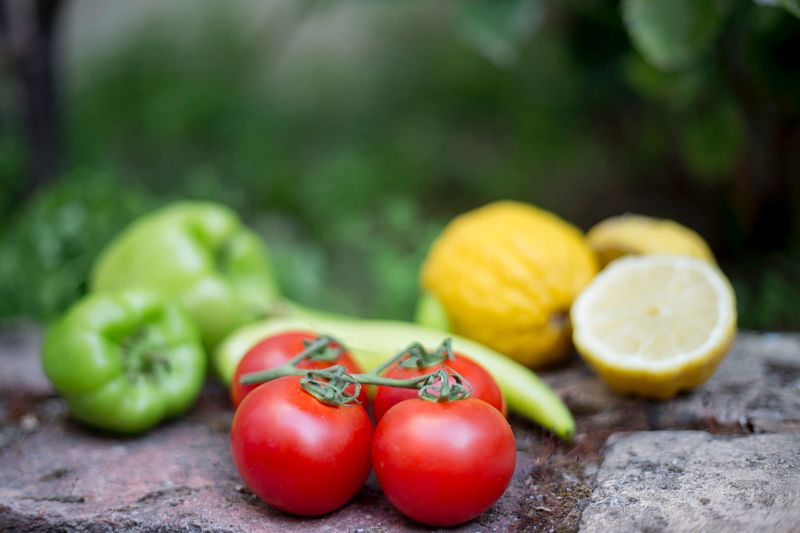One of my students recently asked me for advice on what to eat to get back on track after the holidays while still have enough energy for training. My answer wasn’t a simple “eat this, not that” approach, which is how most diets work. It started with questions about what he normally eats and how he can tweak it to gradually integrate sensible eating habits into his active lifestyle.
Shorty after our consultation, I resumed reading Matt Dixon’s “The Well-Built Triathlete” to find inspiration for my next post. With the memory of my student’s nutrition query still lingering in my mind, I thought of fast-tracking to the book’s chapter on nutrition, hoping to find reassurance for the advice that I gave him. And I was pleasantly surprised to discover that we see eye-to-eye with regard to nutrition and that Dixon likewise sees nutrition’s value in helping an athlete (and anyone, really) reach their potential.
I have yet to finish reading the entire chapter but from skimming the first and last few pages, the author once again caught my attention when he made a distinction to explain the truth about nutrition and fueling: “Getting them wrong can and will limit performance. Getting them right won’t hold you back.” What he is trying to highlight is that healthy eating habits alone won’t turn you into a champion but bad ones can stand in the way of even the hardest working professional athlete from performing at their best.
I can say through personal experience that although it is good to be aware of how many calories you eat and burn, and what the deficit is at the end of the day, logging your caloric intake and expenditure all day long can be a tedious and tiring process.
At the end of the chapter, Dixon offered some guidelines for a sensible approach to nutrition. Although you won’t find anything groundbreaking on his list, the three main takeaways for me, which I also happened to mentioned to my student, were the following:
Get carbs from fruits and vegetables rather than other sources

An athlete’s diet doesn’t have to be based on rice, pasta, and bread. Although these are all great sources of complex carbohydrates, you’ll be getting more high-quality nutrients if you set aside the largest portion of your plate for fruits and vegetables. The extra fiber or “roughage” will help you feel fuller longer with less calories.
Don’t diet
I was happy to find support from Dixon for my belief that athletes (and everyone really) should never diet. The first advice I gave my student was to eat a balanced diet while focusing on healthy foods that he likes to eat. Fad diets that cut out certain food groups and crash diets that drastically restrict caloric intake leave the body in a deprived or starved state, which is not healthy and impossible to sustain in the long run.
Don’t count your calories
I can say through personal experience that although it is good to be aware of how many calories you eat and burn, and what the deficit is at the end of the day, logging your caloric intake and expenditure all day long can be a tedious and tiring process. It distracts you from the bigger picture and leaves you with negative emotional attachments to food. Stop counting calories and focus on developing healthy eating habits that you can practice for the rest of your life.
Header photo courtesy of Shanice Garcia on Unsplash
This story originally appeared on Multisport
Get more stories like this by subscribing to our weekly newsletter here.
Read more:
Healthy eating is still the future of food
What is tempeh and why this ingredient should be part of your diet
These places will convince you to go on a Keto diet